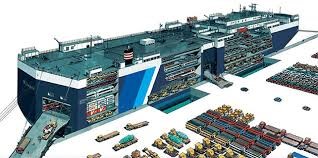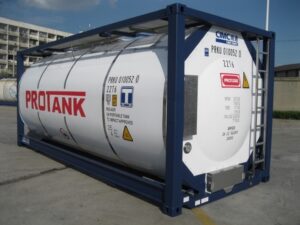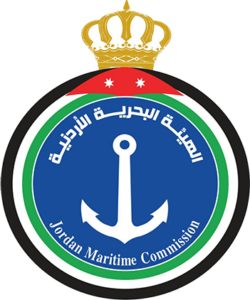FCL
The short form FCL in shipping stands for the term „Full Container Load“. This means that a shipment occupies the entire space of a container without having to share it with other shippers. In an FCL cargo, the complete goods in the said container are owned by one shipper
Oversized & Heavy Cargos
Oversized or heavy load shipment – it is a shipment, which actual size or weight is greater than the maximum allowed size in the country through which territory shipment is delivered.
BREAK BULK (on deck)
General cargo are goods that must be loaded individually, and … on their sides on “beds” of dunnage which keeps the middle of the side (the bilge) off the deck and they are stowed with the bung at the top
RORO Shipping
RoRo is short for ‘Roll-on, Roll-off‘, which describes how products are loaded and discharged from a vessel. …

RoRo allows your products to roll on and off the vessel, as opposed to being lifted onboard using cranes. Self-propelled products, such as cars and tractors, roll on and off the vessel on their own wheels.
Chemical & DGRs shipments
Dangerous goods (also referred to as Hazardous Cargo) means the substances, materials and articles that are covered by the IMDG Code and is cargo that is considered to be  hazardous because of its flammable, corrosive, poisonous nature or other properties.. … 122(75) for the carriage of Dangerous Goods (Hazardous Cargo)..
hazardous because of its flammable, corrosive, poisonous nature or other properties.. … 122(75) for the carriage of Dangerous Goods (Hazardous Cargo)..
LCL (Groupage)
What does LCL stand for in shipping? LCL stands for less than a container load. Since LCL shipments fill less than a full shipping container, they are grouped with other cargo, which is why they are sometimes called groupage shipments. Shipping fewer goods more frequently means spending less on inventory space.
Reefer Shipments
Any cargo that has to be loaded, maintained and/or carried at a certain temperature in order for it to reach its destination without deterioration is classed as refrigerated cargoes. This includes meat, fish, poultry products, dairy products, drugs and experimental samples.
BULK
Bulk cargo is a shipping term for items that are shipped loosely and unpackaged as opposed to being shipped in packages or containers. An item may be classified as bulk cargo if it is not containerized and easily secured on a vessel. Items such as oil, grain, or coal are all examples of bulk cargo.
LIQUID & Gas containers
An ISO Tank is a container built upon the standards of ISO (International Organization for Standardisation) to carry bulk liquids. It is meant to transfer both hazardous and non-hazardous fluids at distant places. ISO Tank Containers are made up of stainless steel and are strengthened with various protective layers.




